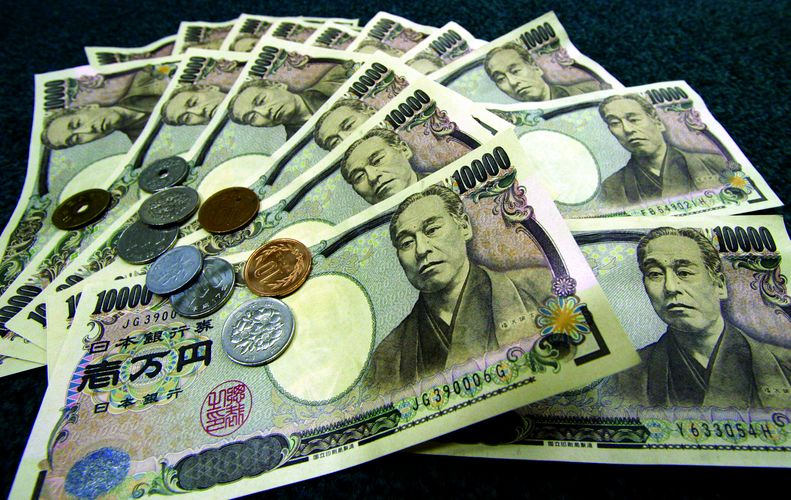IFR’s Japan debt capital markets roundtable, held in Tokyo on May 15, found market participants in pensive but upbeat mode. The European sovereign debt crisis is being scrutinised very carefully, but its direct impact on Japanese debt market activity has been relatively marginal. Ten-year JGB yields at just 79bp in early June, a couple of weeks after IFR’s roundtable and yen/dollar at 79, tell their own story.
IFR’s Japan debt capital markets roundtable, held in Tokyo on May 15, found market participants in pensive but upbeat mode. The European sovereign debt crisis is being scrutinised very carefully, but its direct impact on Japanese debt market activity has been relatively marginal. Ten-year JGB yields at just 79bp in early June, a couple of weeks after IFR’s roundtable and yen/dollar at 79, tell their own story.
Bear in mind that those levels are just a couple of weeks after Fitch downgraded Japan from AA to A+, outlook negative.
Japan’s credit market is currently suffering from huge pent-up demand and a pace of issuance that isn’t there to mop it up. As a result, secondary levels are very tight as investors try and chase spread within a limited range of opportunities. There’s a good technical basis for issuance, and the market is hopeful that volumes will pick up. Investors are also looking forward to some better opportunities to generate return.
One of the biggest recent developments has been the emergence of the Pro-Bond market as an alternative quick-to-market financing channel for borrowers that can issue documentation in English and distribute solely to professional investors. Views at the roundtable were broadly positive; so far only ING Bank has sold bonds on the platform but there are strong expectations that others will follow, with a focus on Asian issuers.
Elsewhere, the almost complete absence of power companies, bellwether issuers in Japan’s bond market, following the March 2011 earthquake and Tsunami has caused a huge gap in the primary market. Bond experts spoke of a potential paradigm shift in power company access to the market, given vocal opposition to nuclear power, the government’s desire to split generation from transmission, and Tepco’s ongoing restructuring.
Investors are certainly looking to some spread divergence as the sector issues start to be resolved.
Changes in the way in which central government transfers funds to municipalities could offer another key development in Japan’s capital markets; specifically the development of a proper municipal bond market i.e. with no implicit sovereign guarantee. Again, investors are looking forward to some spread tiering based on credit quality.
And talking of spread pick-up opportunities, the return of Mexico to the Samurai market in early June was a key moment. This was the first stand-alone Latin American sovereign in the Japanese market since 2001 and showed that the Triple B sector, starved of issuance of late, is once again open to the right names.
To view the Digital Edition version of this Roundtable please click here.
